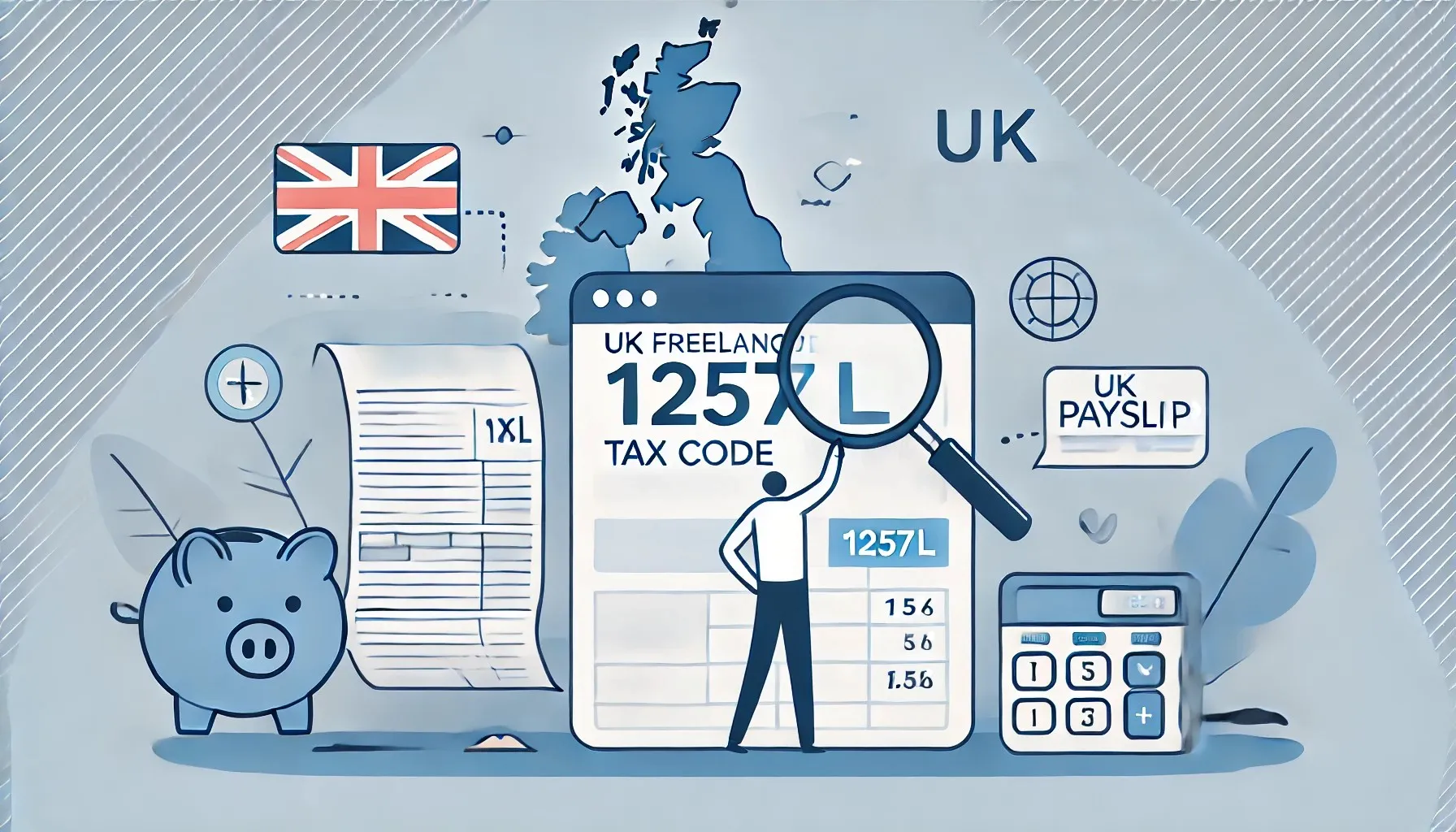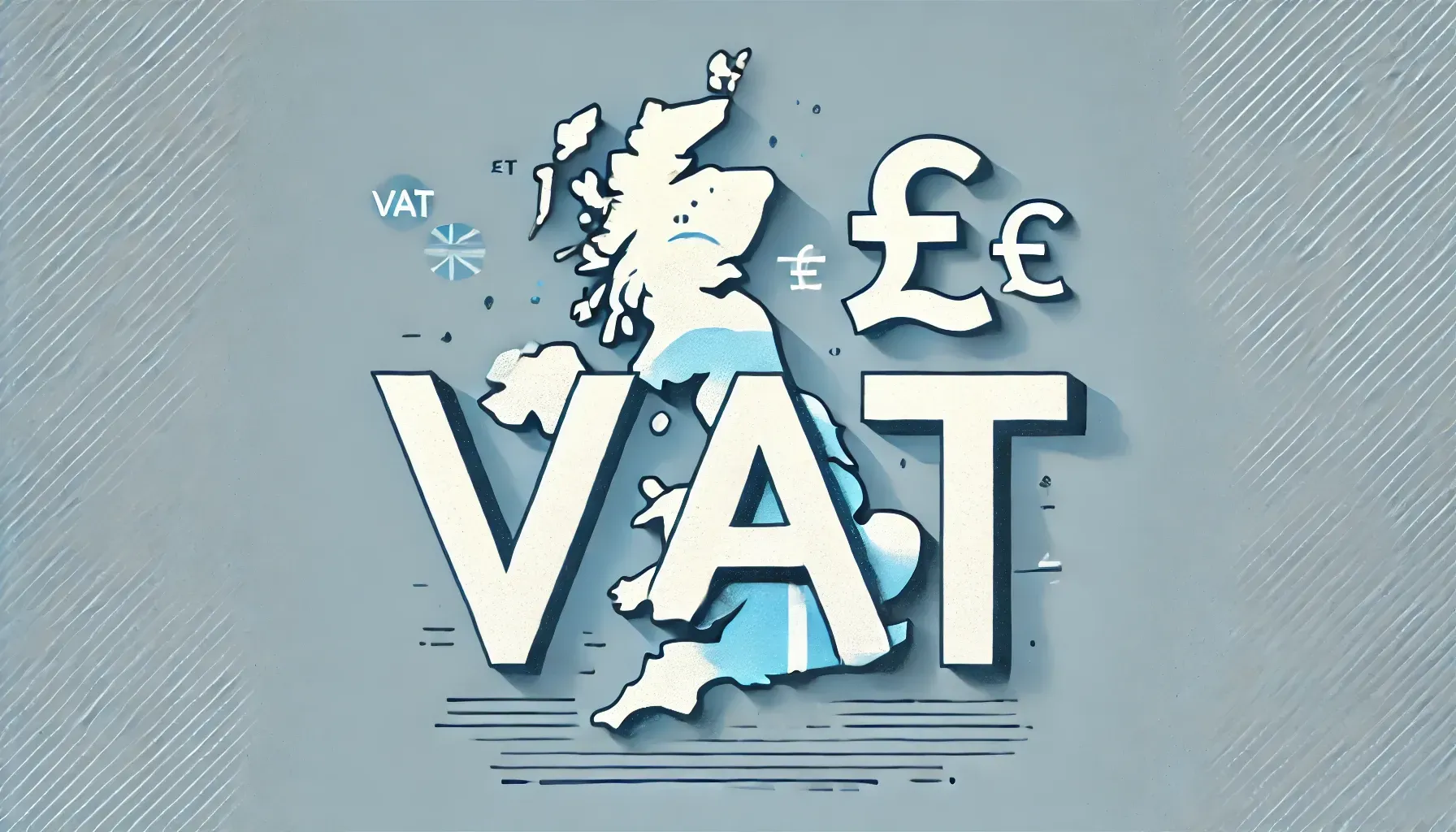Understanding Your Tax Code as a Contractor or Freelancer
- 25 June 2025

Why Getting Your Tax Code Right Could Save You Stress, Time, and Money
A quick guide from SBX Accountants
If you’re self-employed or juggling different income streams, tax can feel like a moving target. Between changing HMRC rules, multiple income types, and digital compliance requirements, it’s easy to overlook one key detail: your tax code.
At SBX Accountants, we simplify the jargon so you stay informed, compliant, and in control of your finances.

What is a tax code?
A tax code is issued by HMRC and tells your employer, pension provider, or other income source how much Income Tax to deduct from your income. Even if you’re self-employed, understanding your tax code is still important – especially if you also earn:
- A part-time salary
- Dividends
- Rental income
- A pension
Your tax code determines how much of your income is tax-free and reflects adjustments HMRC makes for previous underpayments, benefits, or allowances. If it’s wrong, you could overpay or underpay tax—leading to unexpected bills or missed refunds.
Why It Matters for Contractors and Freelancers
Many self-employed people, contractors, and directors have multiple income streams. For example, you might:
- Be employed part-time and freelance on the side
- Earn property income alongside contracting work
- Take a salary from your limited company
In these cases, HMRC might apply different tax codes to each income stream. An incorrect code could:
- Tax all income with no personal allowance
- Miss income completely, triggering penalties
- Lead to under- or overpayments that take months to correct
At SBX Accountants, we review our clients’ tax codes regularly to avoid these issues before they become costly.
Common UK Tax Codes (2025/26)
Most Frequently Used Codes
- 1257L – Standard tax code. Full £12,570 personal allowance applied.
- BR – Basic Rate (20%) with no allowance. Often used on second jobs.
- D0 – 40% tax on all income. For higher-rate earnings.
- D1 – 45% tax for additional rate income.
- K* – Indicates tax is due on untaxed income (like benefits or previous underpayments).
- 0T – No allowance applied. Used temporarily when income details are unclear.
- NT – No tax deducted. Rare and only used for exempt income.
Code Suffixes and Prefixes
- L – You get the standard personal allowance.
- M / N – For Marriage Allowance transfers.
- T – A customised tax code, pending HMRC review.
- S – You’re subject to Scottish tax rates.
- C – You’re subject to Welsh tax rates.
These can be combined (e.g. SBR, CD0) to reflect your location and tax rate.
Think Your Tax Code Might Be Wrong
Tax code mistakes are common. Here’s what to do:
- Log in to your Personal Tax Account at GOV.UK to check your code.
- Review payslips, P60s, or P45s for discrepancies.
- Contact HMRC or let SBX Accountants review your code for you.
We regularly correct codes for clients and liaise with HMRC to avoid ongoing issues.
How SBX Accountants Can Help
We support freelancers, directors, and business owners with more than just tax codes. Our full-service packages include:
- A dedicated accountant
- Unlimited advice and year-round support
- Tax planning and quarterly reviews
- Self-assessment and corporation tax returns
- Payroll and IR35 support
- VAT registration and filing
- Full Making Tax Digital (MTD) compliance
- QuickBooks (included) or support for Xero, FreeAgent, and Sage
Cloud Accounting That Works with You
As part of your SBX package, you’ll get access to QuickBooks, helping you:
- Track income, expenses, and mileage
- Send invoices and accept payments
- Monitor tax liabilities
- Share data in real-time with your accountant
- Stay compliant with MTD
We don’t just react – we support you proactively with full visibility into your accounts.
Get Started Today
Understanding your tax code is just one piece of the puzzle. SBX Accountants gives you:
✅ Fixed monthly fees
✅ Expert tax advice
✅ Cloud software included
✅ Hands-on support year-round
📞 Contact SBX Accountants today to get started.
Let us handle the tax – so you can focus on doing what you do best.





